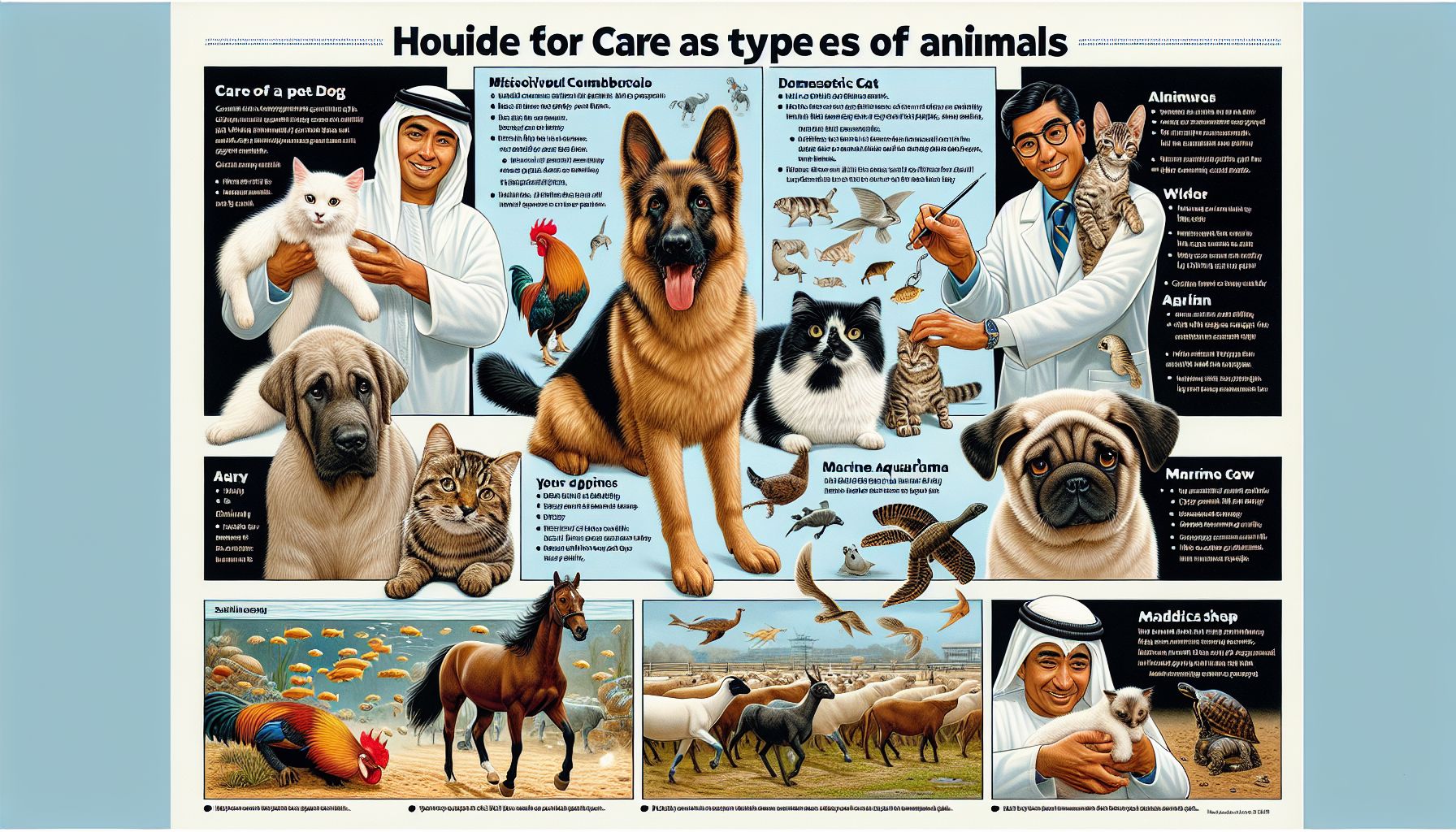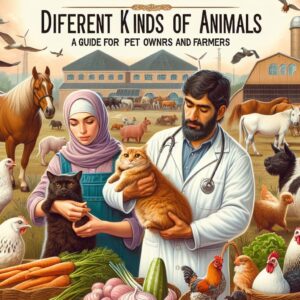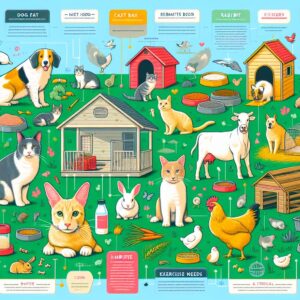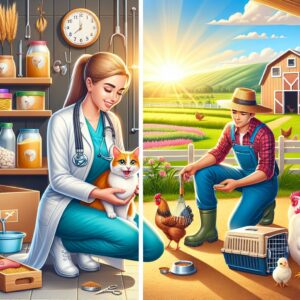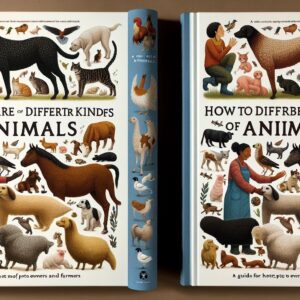When it comes to animals, it is our responsibility as pet owners and farmers to ensure their well-being. Whether they are our beloved pets or part of our livestock, each animal requires specific care to lead a healthy and fulfilling life. In this article, we will discuss some essential aspects of animal care, including health, nutrition, and safety, to guide you in caring for different kinds of animals.
Pet Owners: Ensuring a Healthy and Happy Life for your Furry Friends
From dogs and cats to rabbits and hamsters, pets come in all shapes and sizes. As a pet owner, it is vital to prioritize the health and well-being of your furry companions.
Emphasize Animal Health
Regular visits to the veterinarian are crucial for maintaining your pet’s health. Vaccinations, parasite prevention, and routine check-ups are essential for preventing illnesses and catching any health concerns early. Ensure that your pets receive a balanced diet, appropriate exercise, and mental stimulation to keep them healthy and happy.
Provide Appropriate Nutrition
Proper nutrition is fundamental to your pet’s overall well-being. Different animals require different types and amounts of food, so it is essential to consult with a veterinarian to determine the optimal diet for your pet. Be sure to consider factors such as age, size, and specific nutritional needs when selecting their food. Additionally, always provide fresh water and monitor their eating habits for any changes.
Create Safe Environments
Pet-proofing your home is crucial for their safety. Keep harmful substances, such as cleaning products and medications, out of reach from curious paws. Secure electrical cords, close toilet lids, and use baby gates to prevent access to dangerous areas. Make sure your pet has a safe space of their own, with comfortable bedding and appropriate temperature regulation.
Farmers: The Well-Being of Livestock and Beyond
For farmers, ensuring the well-being of livestock goes beyond basic care. It involves implementing proper management practices to create a thriving and sustainable environment.
Ensure Proper Animal Care
Providing livestock with proper shelter, clean water, and adequate nutrition should be a priority for all farmers. Ensuring their access to veterinary care, vaccinations, and parasite control is essential to maintain good health. Regular monitoring and observation will help identify any signs of illness or injury so appropriate actions can be taken promptly.
Promote Good Biosecurity Measures
Biosecurity is crucial to prevent the spread of diseases within livestock populations. Farmers should prioritize maintaining a clean and hygienic environment by regularly disinfecting animal housing and equipment. Implementing strict disease prevention protocols, such as quarantine measures for new animals, can help keep existing herds healthy and prevent potential outbreaks.
Caring for Injured Wildlife
While pet owners and farmers primarily focus on their animal companions, it is also important to consider the needs of injured wildlife. If you encounter an injured or distressed wild animal, it is essential to prioritize their safety and well-being. Contact local wildlife authorities or animal welfare organizations for guidance on how to properly handle and care for the injured animal. Attempting to care for wild animals without the appropriate knowledge and resources can do more harm than good.
Conclusion
Whether you are a pet owner or a farmer, caring for different kinds of animals requires dedication and knowledge. Prioritizing animal health, ensuring proper nutrition, and creating safe environments are essential aspects of pet care. For farmers, proper livestock management practices and biosecurity measures are crucial for maintaining healthy herds. Remember, when it comes to injured wildlife, seeking professional help and guidance is the best way to ensure their well-being. Together, we can create a world where animals thrive in our care, whether they are our beloved pets or part of the agricultural industry.
